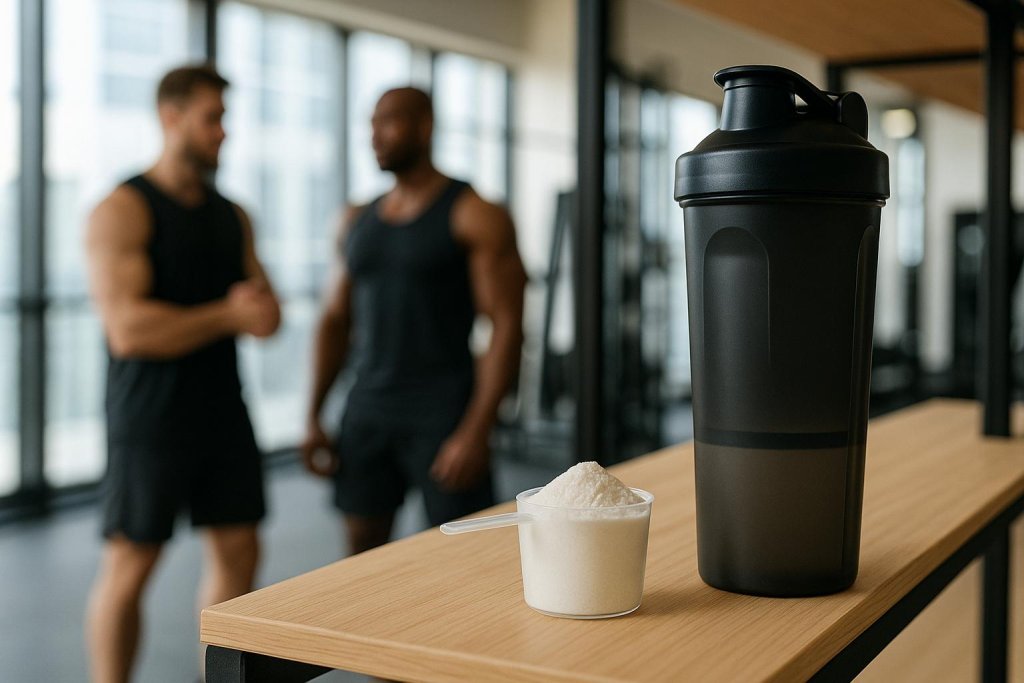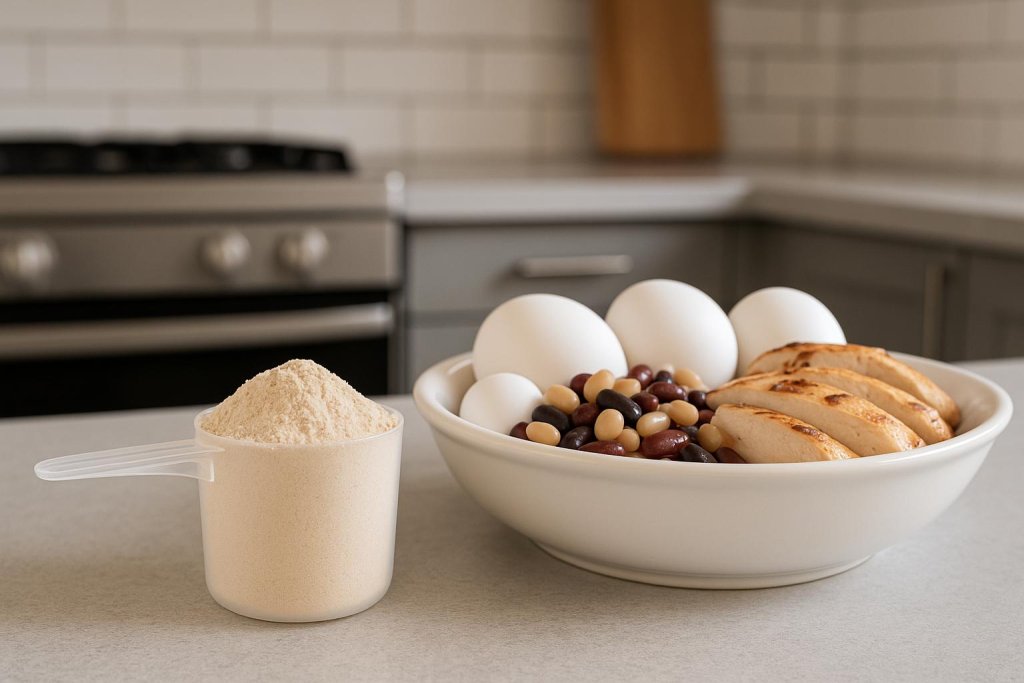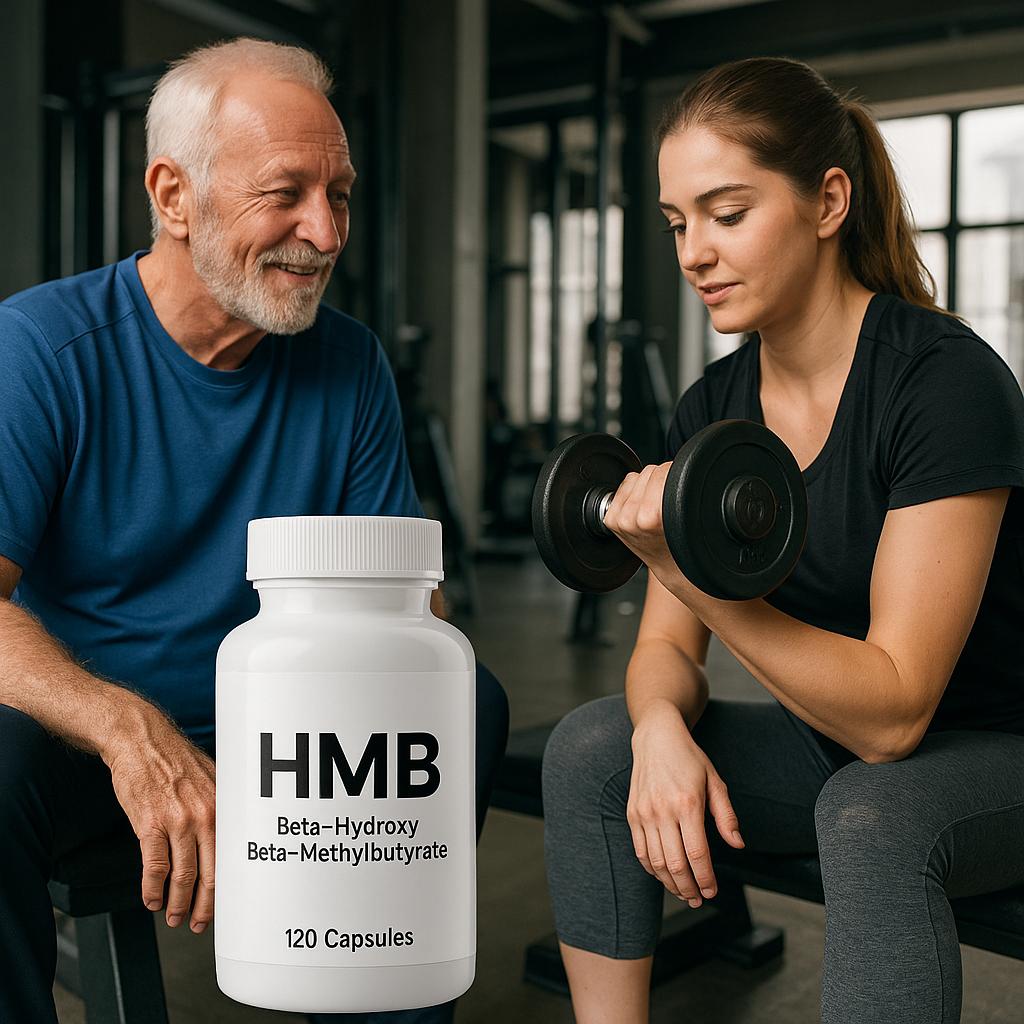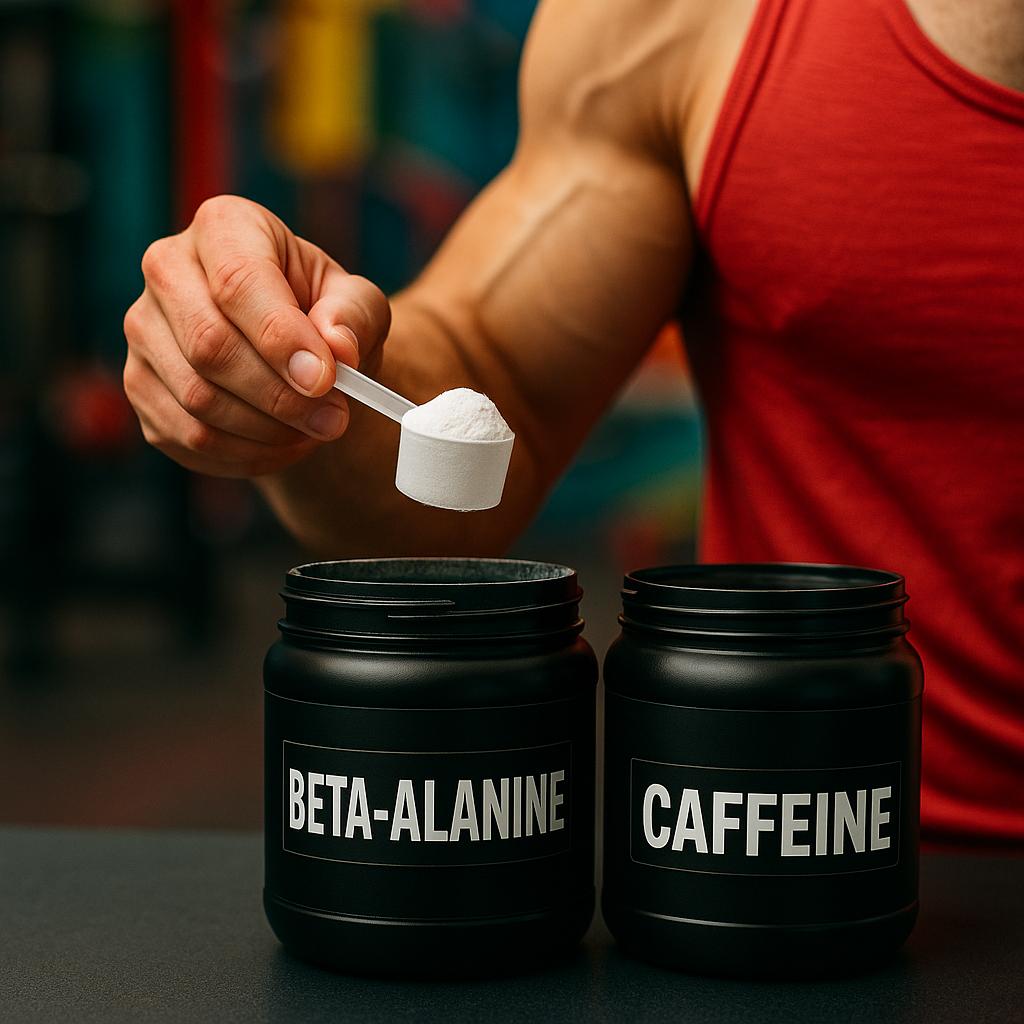The most effective supplements for muscle growth—according to current scientific research and registered dietitians—are creatine monohydrate, quality protein powders, HMB, and, in certain cases, beta-alanine and caffeine. These supplements work best alongside resistance training and a high-protein diet. Choosing the right products ensures better gains, faster recovery, and fewer wasted dollars.

Understanding which muscle-building supplements are truly effective is crucial, as new research is published and fitness fads come and go. Below, you’ll find the latest science, clear recommendations, and expert answers—so you can focus on what really works.
Why Use Supplements for Muscle Growth?
Supplements can help bridge nutritional gaps, boost workout performance, and support muscle recovery—but only if your training and diet are already on point. According to the Harvard School of Public Health, supplements should complement—not replace—whole foods like lean meats, eggs, dairy, fish, and legumes.
- If you’re training hard, struggling to hit daily protein goals, or seeking an edge in the gym, certain supplements can provide measurable benefits.
- Dietitians warn against relying solely on pills or powders, and urge careful selection to avoid unproven or risky products.
The Best Evidence-Based Supplements for Muscle Growth
1. Creatine Monohydrate: The Gold Standard for Muscle Building
Creatine monohydrate is the most researched and consistently effective supplement for muscle gain, strength, and workout performance. Over 500 peer-reviewed studies confirm its benefits for athletes and everyday gym-goers alike.

How Creatine Works
Creatine is stored in your muscles as phosphocreatine and helps regenerate ATP, the primary source of energy for muscle contractions—especially during short, high-intensity exercise like weightlifting or sprinting. This means you can do more reps, recover faster between sets, and progressively overload your muscles for better growth .
Proven Benefits
- Increases strength by 5–15% in 4–12 weeks of consistent use .
- Promotes 2–5 lbs of lean muscle gain when combined with resistance training.
- Improves power, sprint performance, and high-intensity exercise capacity.
How to Use Creatine
- Standard dose: 3–5 grams per day (any time, with or without food).
- Loading phase (optional): 20 grams/day (split into 4 doses) for 5–7 days, then 3–5 grams/day.
- Hydration: Drink plenty of water.
Is Creatine Safe?
Yes, creatine is safe for healthy adults. Decades of research show no negative effects on kidney or liver function in healthy users. Mild water retention is common, but it’s not harmful. The NIH and International Society of Sports Nutrition (ISSN) endorse creatine’s safety profile .
Who Should Use Creatine?
- Anyone lifting weights or training for power/speed.
- Vegans and vegetarians (lower dietary creatine intake).
- People over age 40 (may benefit from improved muscle maintenance).
2. Protein Powders: Essential for Meeting Daily Protein Needs
Protein is the single most important nutrient for muscle growth. Research shows 1.4–2.2 grams/kg of body weight per day is optimal for muscle building. Protein powders are a convenient way to hit these targets, especially when whole-food intake falls short .

Types of Protein Powders
- Whey Protein:
- Fast-digesting, rich in leucine (key amino acid for muscle synthesis).
- Ideal post-workout or as a quick meal.
- Casein Protein:
- Slow-digesting, perfect before bed to minimize overnight muscle breakdown.
- Plant-Based Blends (Pea + Rice):
- Now shown in studies to match whey for muscle gains if taken in slightly higher doses.
- Best for vegans or those with dairy intolerance.
How to Use Protein Powders
- 1–2 scoops/day (20–40g protein) around workouts or as needed to meet daily targets.
- Not a meal replacement: Prioritize whole foods (meat, eggs, fish, beans, dairy, soy) as your main protein sources.
Science-Based Benefits
- Faster muscle recovery and growth when daily needs are met.
- Supports fat loss by increasing satiety and preserving lean mass during dieting.
Source:
Journal of the International Society of Sports Nutrition – Position Stand on Protein
3. HMB (β-Hydroxy β-Methylbutyrate): For Recovery and Beginners
HMB is a byproduct of the amino acid leucine, shown to reduce muscle protein breakdown. While less important than creatine or protein, HMB is most effective for:

- Beginners: Helps reduce muscle loss and soreness during initial training phases.
- Older adults: Supports maintenance of muscle mass.
- People in calorie deficit: Preserves muscle during weight loss or intense training .
How to Use HMB
- 3 grams per day (split into three 1g doses).
- Take daily for at least 2 weeks for best results.
What Does the Research Say?
- Can reduce muscle damage and support muscle mass gains in untrained or detrained individuals.
- Less effective for well-trained athletes already supplementing with protein and creatine.
Is HMB Safe?
- Yes: No major side effects reported in healthy adults.
- Not well-studied in people under 18 or pregnant women.
Source:
NIH Fact Sheet: HMB
4. Beta-Alanine & Caffeine: Optional Performance Enhancers

Beta-Alanine
Beta-alanine increases muscle carnosine, which buffers acid buildup during high-intensity exercise. This helps you train harder, especially in sets lasting 1–4 minutes (e.g., high-rep squats, sprints).
- Dose: 4–6 grams/day (divided).
- Side effect: Tingling sensation (paresthesia) is harmless.
- Best for: High-intensity and endurance workouts.
Source: Examine.com – Beta-Alanine
Caffeine
Caffeine boosts mental alertness, reduces fatigue, and enhances performance—making it the world’s most popular ergogenic aid.
- Dose: 100–200 mg (about 1–2 cups of coffee) 30–60 min before exercise.
- Best for: Intense training, competitions, or whenever you need a push.
Important:
If you already drink coffee/tea, adjust your supplement dose to avoid jitters, insomnia, or excess intake.
Source: International Society of Sports Nutrition – Caffeine (2021)
Supplements That Don’t Deliver (or Aren’t Worth the Money)
- BCAAs & EAAs: If your total protein intake is high, there’s no extra muscle-building benefit. Source
- Fat burners and most “pre-workouts”: Often contain under-dosed or unproven ingredients.
- Testosterone boosters: Little evidence supports their effectiveness unless you have a diagnosed deficiency.
- Unregulated or untested products: Risk contamination and hidden ingredients. Look for brands with NSF or USP certification.
Best Practices: How to Use Supplements for Muscle Growth
- Train consistently: 2–5 days/week of resistance training is essential.
- Focus on whole foods: Supplements are meant to fill gaps—not replace real meals.
- Track your intake: Make sure you hit daily protein and calorie needs.
- Choose reputable brands: Look for third-party testing (NSF Certified for Sport, USP Verified).
- Consult a professional: If you’re under 18, pregnant, have a health condition, or take medication, talk to your doctor or dietitian before adding supplements.
Frequently Asked Questions
Q: Can I build muscle without supplements?
A: Yes—if you eat enough protein and calories from food, you may not need any. Supplements are just a convenient tool for those with higher needs or busy lifestyles.
Q: Is creatine safe for women?
A: Yes! It works for both men and women and is one of the most studied sports supplements.
Q: What’s the best protein powder?
A: Whey protein is most popular, but plant-based blends can be just as effective for muscle growth. Pick one with minimal additives, no fillers, and third-party testing.
Conclusion
The best supplements for muscle growth are creatine monohydrate, quality protein powders, HMB, and (if needed) beta-alanine or caffeine. These options are proven by research and approved by registered dietitians. Focus on your diet and training first, then add supplements as needed for convenience and an extra edge.
Authoritative References & Official Resources
- Harvard T.H. Chan School of Public Health – Workout Supplements
- NIH Office of Dietary Supplements: Exercise and Athletic Performance
- Verywell Health – Beta-Alanine and Creatine
- Time – Muscle Building Supplements
- Examine.com – Creatine Monohydrate
- Journal of the International Society of Sports Nutrition: Creatine
- ISSN Position Stand: Creatine
- JISSN: Protein and Exercise
- Examine.com – Protein
- NIH Office of Dietary Supplements: HMB
- JISSN: HMB Position Paper
